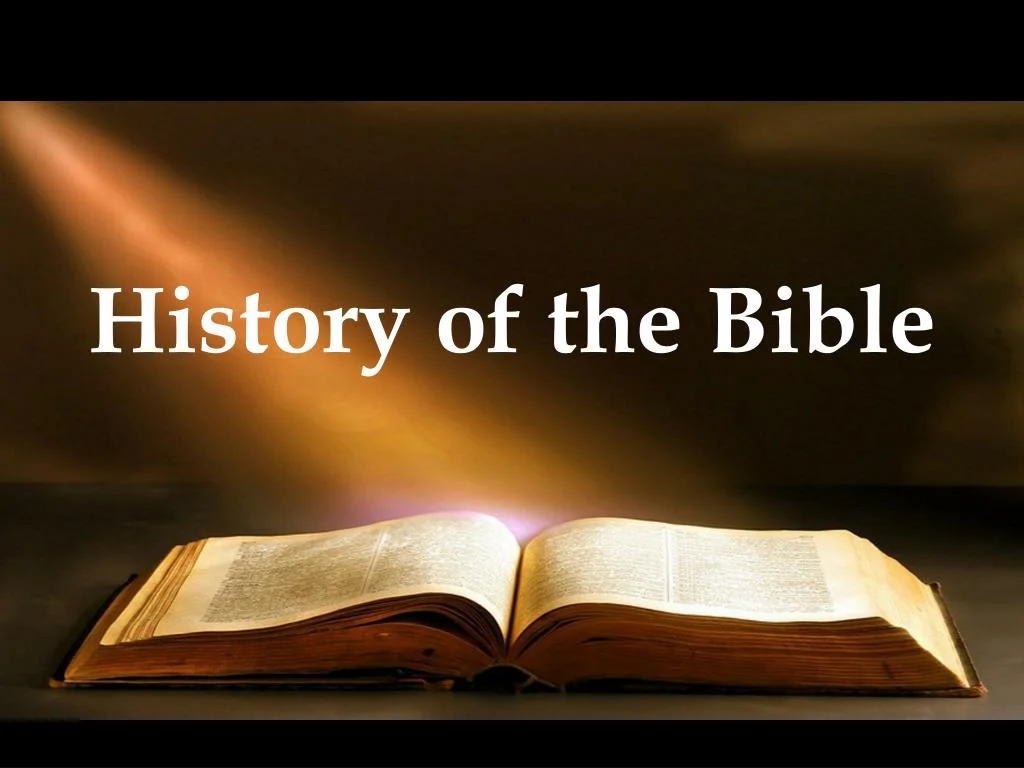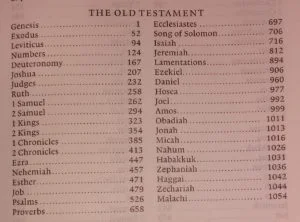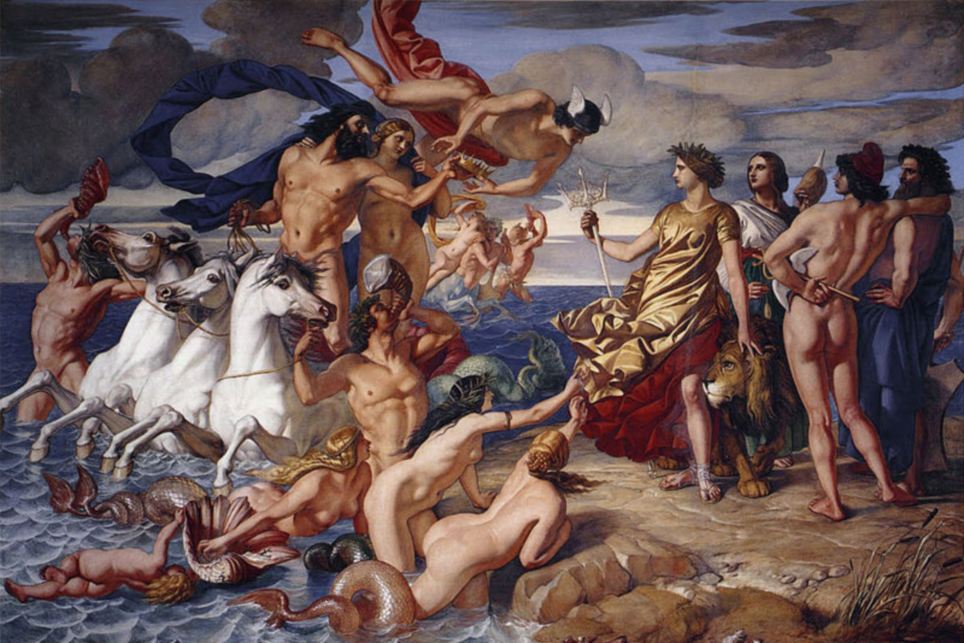Bible: The Bible is arguably the most influential book in history. It has shaped the beliefs and practices of countless individuals, societies, and civilizations for thousands of years. The Bible is a collection of religious texts that includes both the Hebrew Bible, also known as the Old Testament, and the Christian Bible, also known as the New Testament. In this article, we will explore the history, contents, and impact of the Bible.
History of the Bible

The Bible is a collection of religious texts that were written over a period of approximately 1,000 years, from around 1200 BCE to 100 CE. The Hebrew Bible is the older of the two, with some of its earliest texts dating back to the 12th century BCE. The Christian Bible, on the other hand, was written over a period of about 50-60 years in the first century CE.
The Bible has been translated into over 2,000 languages and is the best-selling book of all time. It has been translated more times than any other book, with translations into Chinese, Spanish, and English being the most popular.
Contents of the Bible
The Bible is divided into two main sections: the Old Testament and the New Testament.
The Old Testament

The Old Testament is the first section of the Bible and is also known as the Hebrew Bible. It is a collection of religious texts that were written in Hebrew and Aramaic, and it consists of 39 books. These books are further divided into four main categories: the Pentateuch (or Torah), the Historical Books, the Wisdom Books, and the Prophets.
The Pentateuch, also known as the Torah, is the first five books: Genesis, Exodus, Leviticus, Numbers, and Deuteronomy. These books tell the story of creation, the origin of humanity, the history of the Israelites, and the laws that God gave them.
The Historical Books include Joshua, Judges, Ruth, 1 Samuel, 2 Samuel, 1 Kings, 2 Kings, 1 Chronicles, 2 Chronicles, Ezra, and Nehemiah. These books tell the history of the Israelites from the conquest of Canaan to the Babylonian exile.
The Wisdom Books include Job, Psalms, Proverbs, Ecclesiastes, and the Song of Solomon. These books contain poetry, prayers, and wise sayings.
The Prophets include Isaiah, Jeremiah, Lamentations, Ezekiel, and the twelve minor prophets. These books contain prophecies of the coming of the Messiah, as well as warnings of judgment and promises of restoration.
The New Testament
The New Testament is the second section of the Bible and is a collection of religious texts that were written in Greek. It consists of 27 books, which are further divided into four main categories: the Gospels, the Acts of the Apostles, the Epistles, and the Book of Revelation.
The Gospels include Matthew, Mark, Luke, and John, and they tell the story of the life, teachings, death, and resurrection of Jesus Christ.
The Acts of the Apostles tells the history of the early Christian church, focusing on the missionary work of the apostles.
The Epistles include letters that were written by early Christian leaders, such as Paul, Peter, James, and John. These letters provide guidance on Christian doctrine and practice.
The Book of Revelation is a highly symbolic and apocalyptic book that describes the end of the world and the ultimate triumph of God over evil.
The impact of the human history is immeasurable. It has influenced literature, art, music, and architecture, as well as politics, law, and social norms.
Read Also: Significance of Buddha purnima
![]()






One thought on “Bible”